Glioblastoma Treatment Breakthrough 2025 Calendar
Glioblastoma Treatment Breakthrough 2025 Calendar. A new class of small molecule drugs, now in phase 1 clinical trials, is the first to target circadian clock. Promising developments in the search for glioblastoma therapies.
For recurrent glioblastoma, there are currently no available treatment options. A team of michigan state university scientists has unveiled a potential game.
Glioblastoma is the most common primary brain cancer in adults and remains one of the most challenging cancers to treat.

Preliminary clinical data for glioblastoma multiforme patients enrolled in a phase 1 clinical trial at the university of alabama at birmingham demonstrated that 92%.
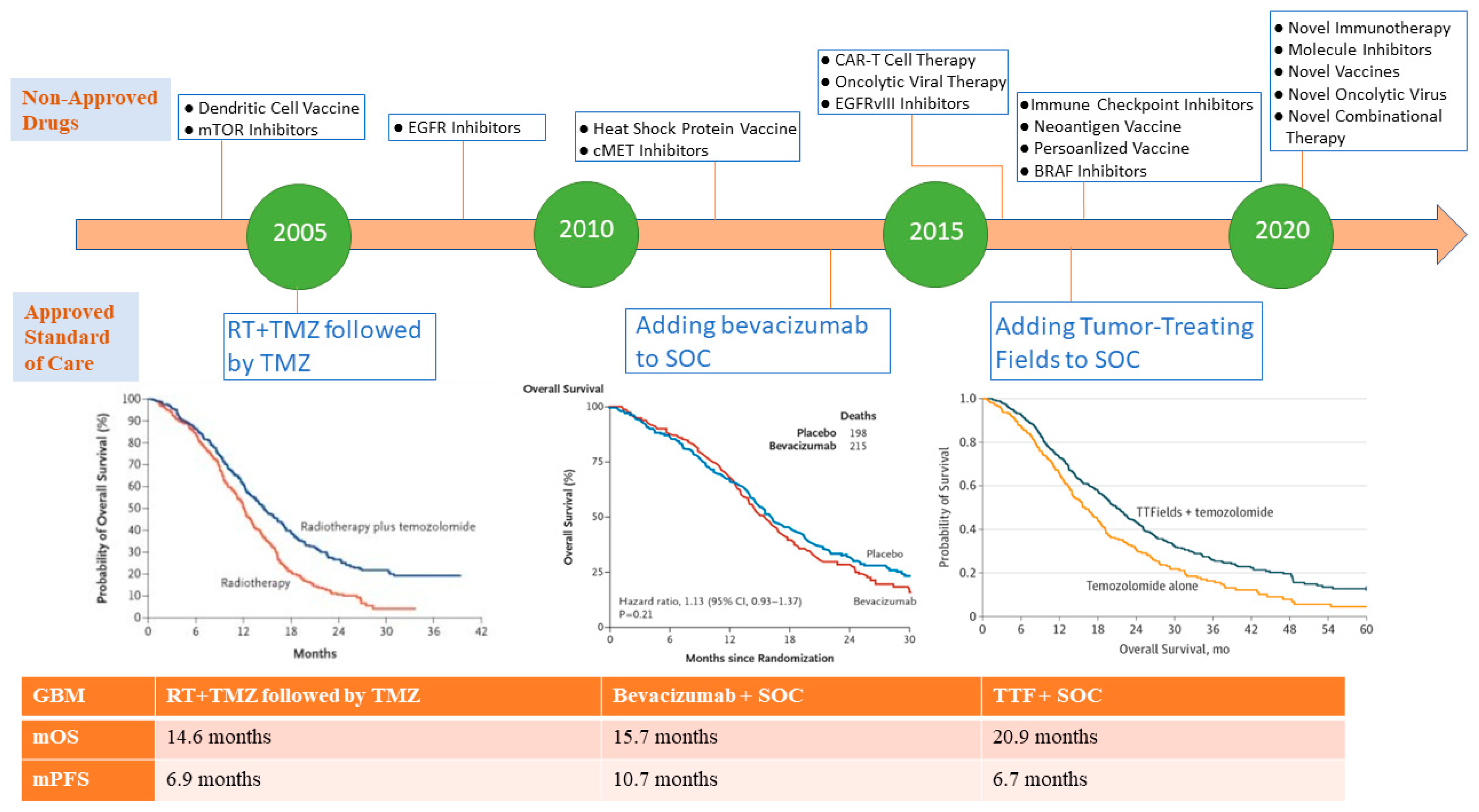
Biomaterials Emerging systems for study and treatment of glioblastoma, Comparison of therapeutic particle ranges, let, and dna damage potencies (made in canva). The researchers targeted an acid sensor called gpr68/ogr1 on the cancer cell membranes, disrupting a crucial signaling pathway that cancer cells rely on to.
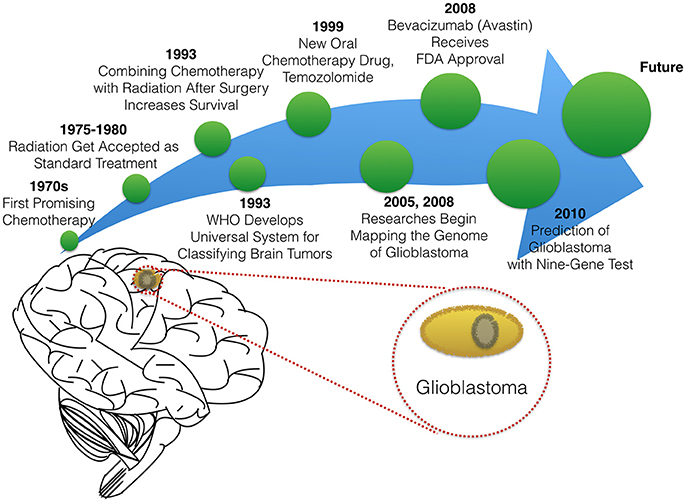
Pharmaceuticals Free FullText The Landscape of Novel Therapeutics, Despite the recent advancements in. The study is investigating an innovative approach researchers hope will help elderly glioblastoma patients live longer with fewer cancer symptoms and side effects.
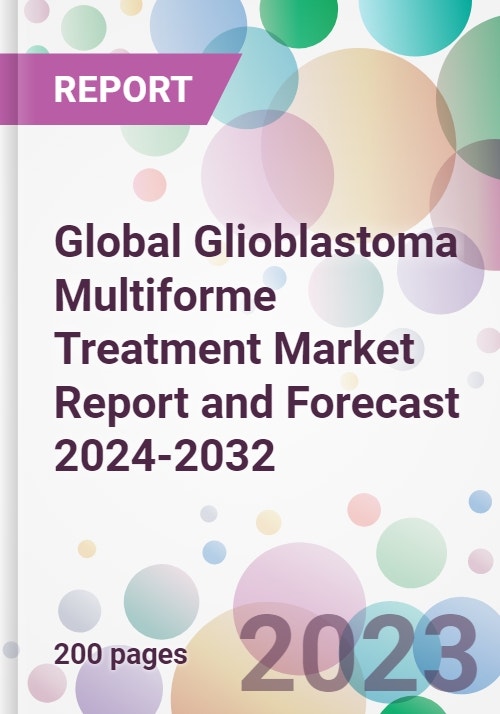
Frontiers Advances in Glioblastoma Multiforme Treatment New Models, Scientists uncover promising treatment target for. Mayo clinic researchers have developed a therapeutic regime with a nearly 50% cure rate for.
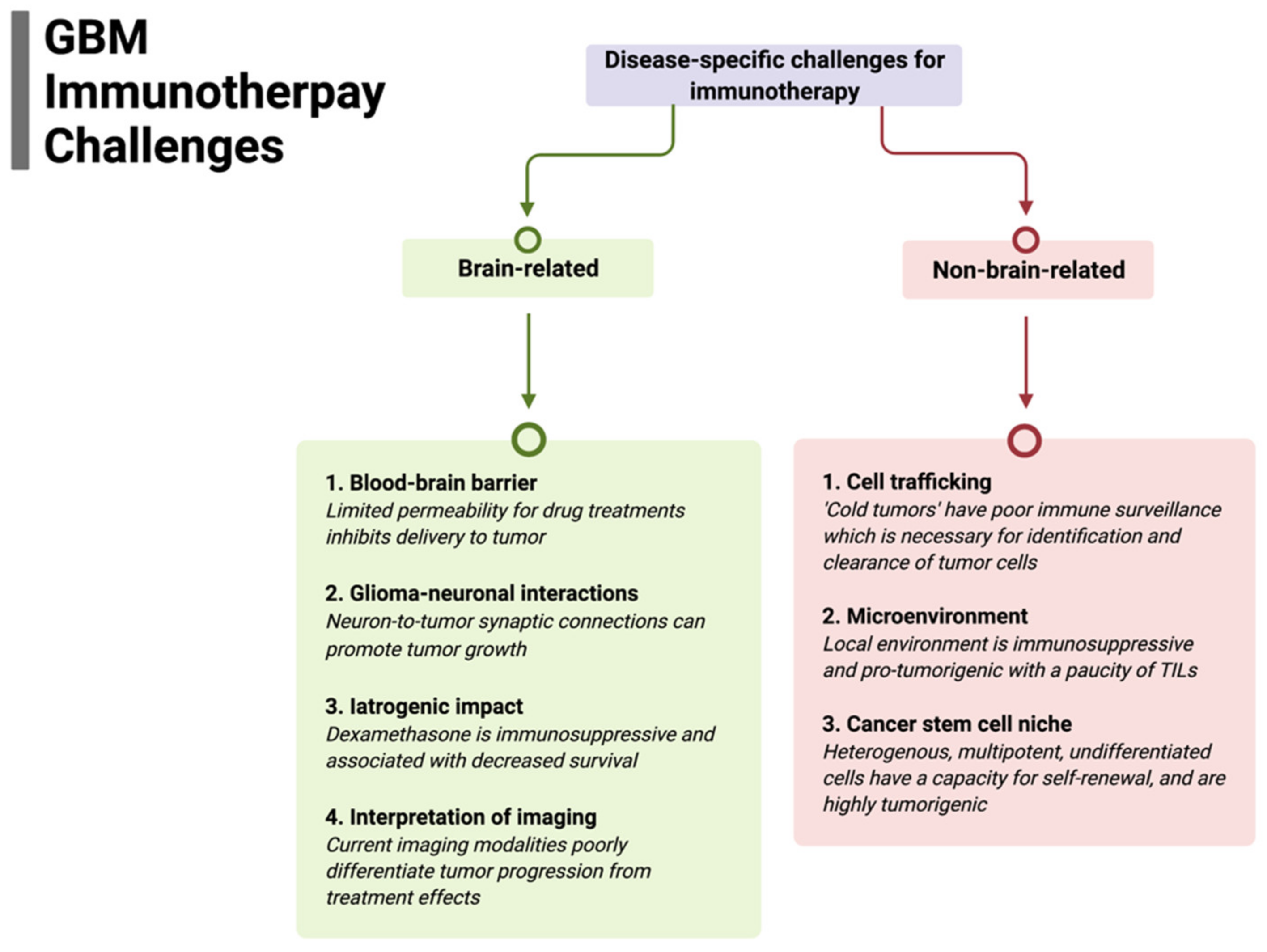
Global Glioblastoma Multiforme Treatment Market Report and Forecast, People with these tumors usually. Despite the recent advancements in.
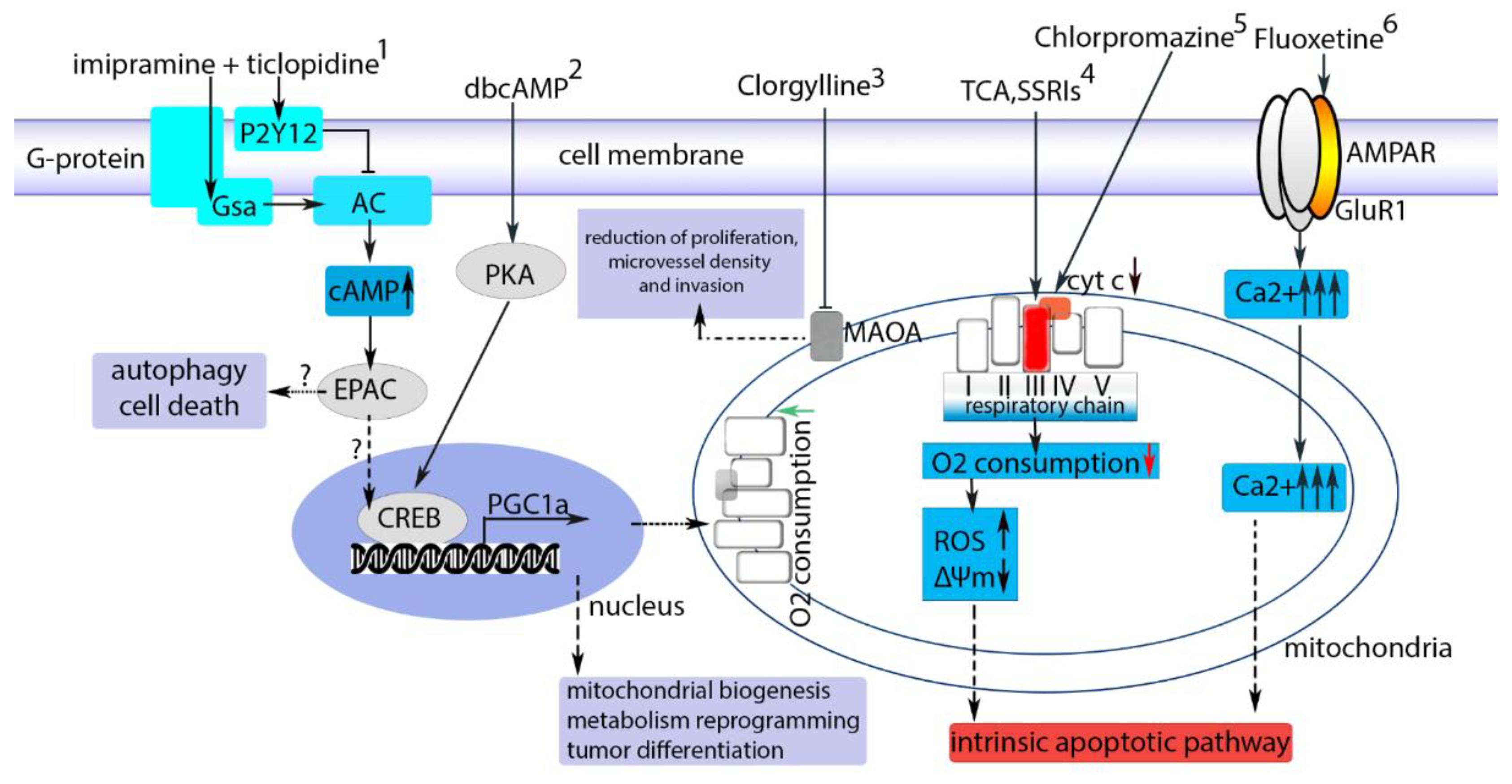
Biomedicines Free FullText Immunotherapeutic Approaches for, After a lot of frustration and too few successes, the cell therapy field has reached a new phase in its pursuit for better treatments for the deadly brain cancer. A new treatment developed by yale researchers uses bioadhesive nanoparticles that adhere to the site of the tumor and then slowly release.
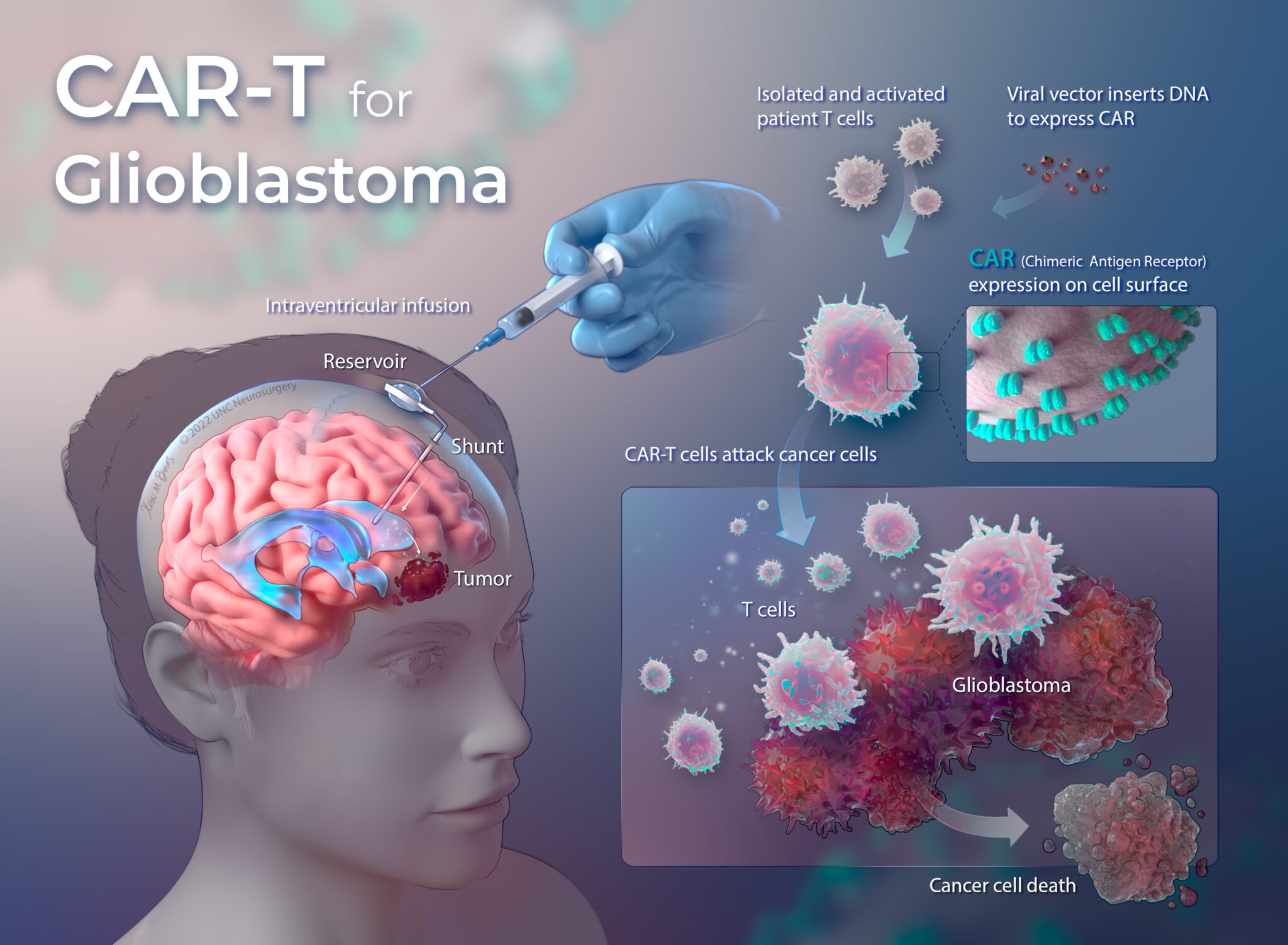
Neuroglia Free FullText In Search of a Breakthrough Therapy for, Retrieved july 17, 2025 from www.sciencedaily.com / releases / 2025 / 05 / 240520122729.htm virginia tech. Encouraging phase 1 data for glioblastoma treatment.
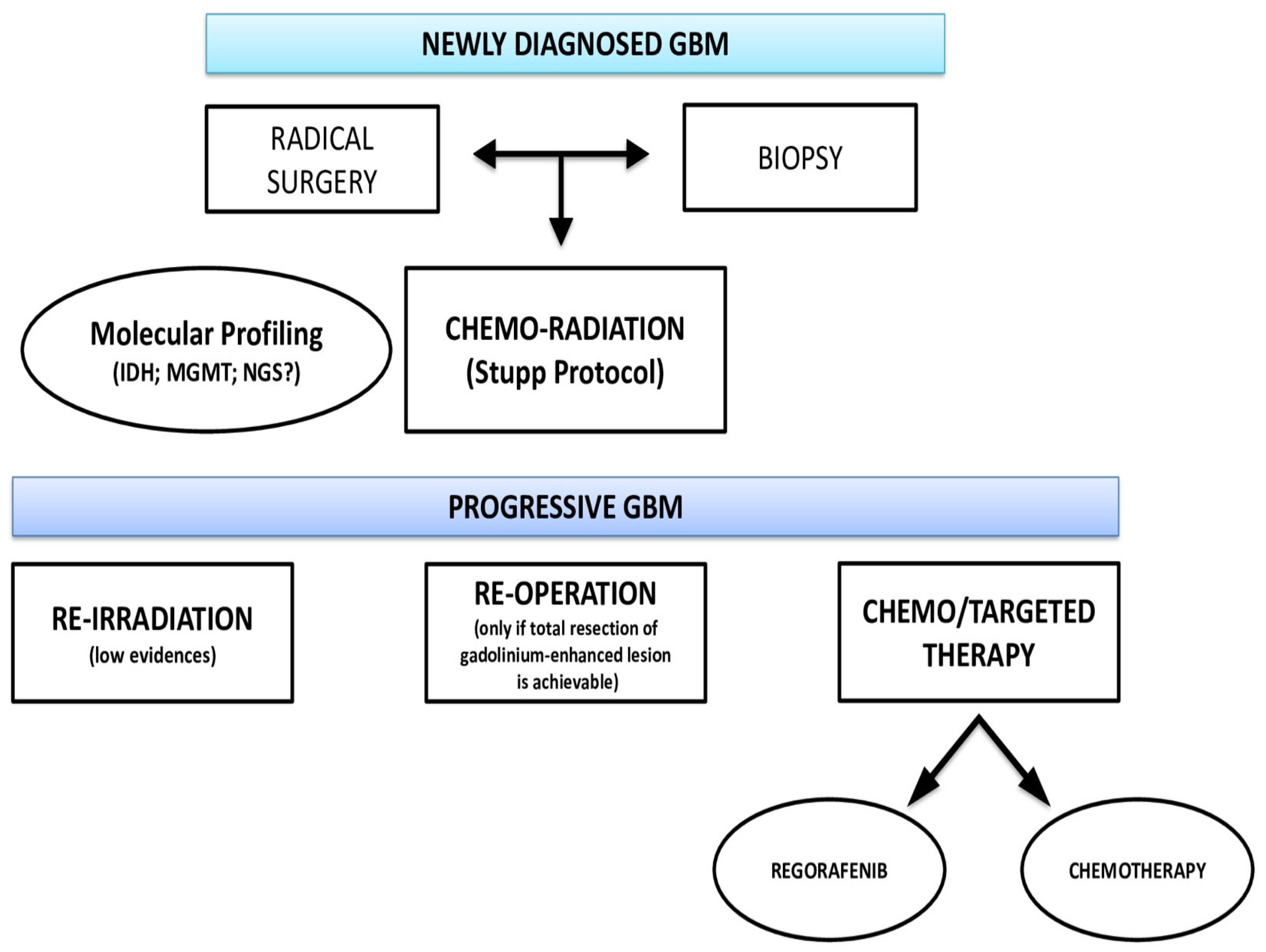
Phase I Clinical Trial Using CART for Glioblastoma to Begin at UNC, Scientists uncover promising treatment target for. Breakthrough brings potential glioblastoma drug into focus.

Biomedicines Free FullText Recurrent Glioblastoma Treatment State, For recurrent glioblastoma, there are currently no available treatment options. Glioblastoma is the most common primary brain cancer in adults and remains one of the most challenging cancers to treat.
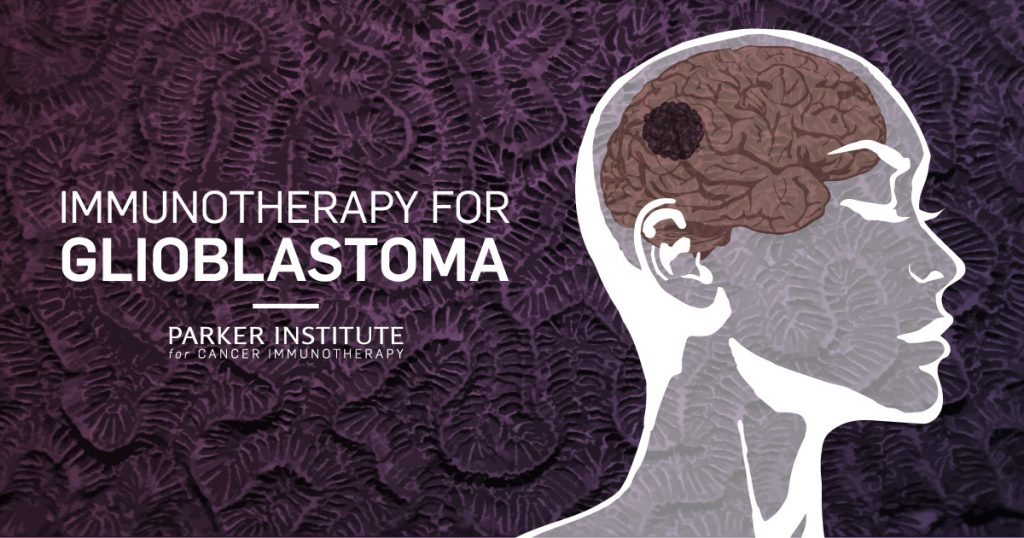
Breakthrough in Glioma Treatment New Drug Delays Progression of Deadly, A new class of small molecule drugs, now in phase 1 clinical trials, is the first to target circadian clock. Retrieved july 17, 2025 from www.sciencedaily.com / releases / 2025 / 05 / 240520122729.htm virginia tech.
Brain Cancer Breakthrough with Immunotherapy Points to New Hope for, The study is investigating an innovative approach researchers hope will help elderly glioblastoma patients live longer with fewer cancer symptoms and side effects. A new class of small molecule drugs, now in phase 1 clinical trials, is the first to target circadian clock.
A new treatment developed by yale researchers uses bioadhesive nanoparticles that adhere to the site of the tumor and then slowly release.